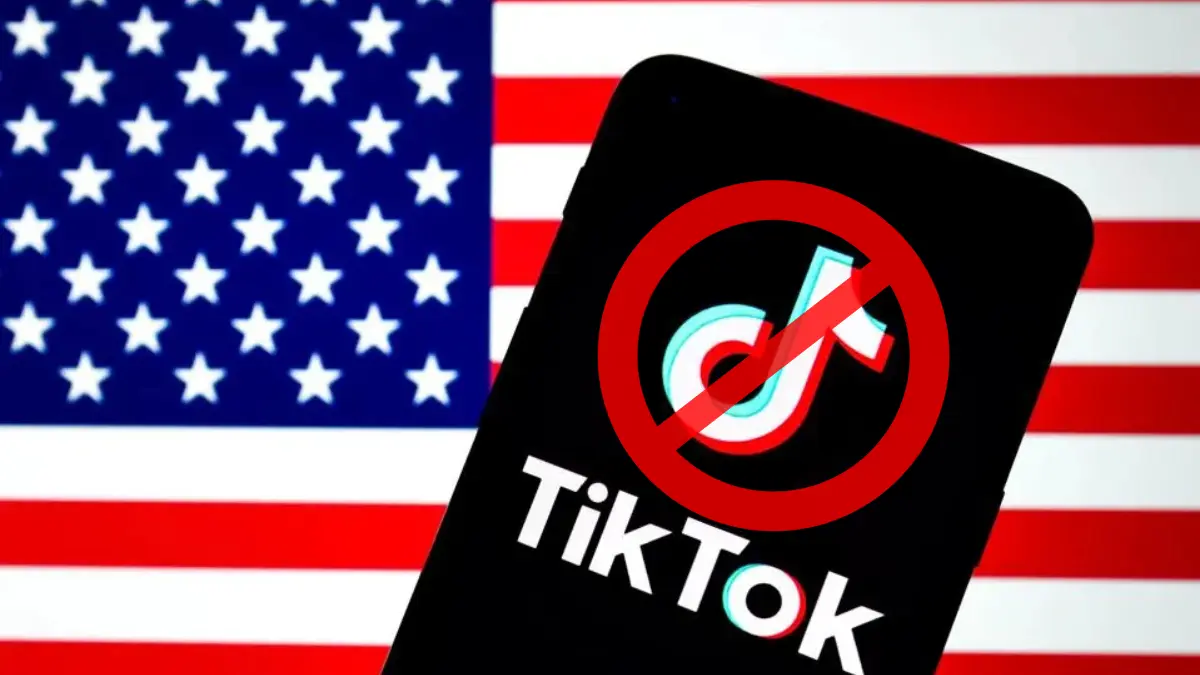The rise of TikTok Ban has been one of the most significant cultural phenomena of the 21st century. With over a billion users worldwide, the app has revolutionized the way we consume and create content. However, in recent years, the app has faced significant scrutiny and controversy, particularly from governments around the world. Concerns over national security, data privacy, and its potential to influence political landscapes have led to discussions about banning TikTok Ban in several countries. This article explores the reasons behind the TikTok ban, its implications, and the global debate surrounding it.
The Rapid Growth of TikTok
TikTok, a short-form video platform, was launched in 2016 by the Chinese tech company ByteDance. The app quickly gained popularity due to its user-friendly interface and its focus on bite-sized, creative content. TikTok’s algorithm, which curates personalized content based on users’ preferences, has played a significant role in its success. Within just a few years, TikTok Ban became a household name, attracting millions of users, including celebrities, influencers, and even governments. Its influence on social media culture is undeniable, as it has set trends, sparked viral challenges, and given rise to new forms of entertainment.
TikTok’s success can be attributed to its ability to keep users engaged. The platform encourages creative expression through short videos, allowing users to share their talents, opinions, and experiences. From lip-syncing to dance challenges, TikTok has cultivated a diverse and dynamic community. Its appeal lies in its simplicity and accessibility, making it easy for anyone to create content, regardless of their background or skill set.
The Concerns Around TikTok
Despite its massive popularity, TikTok has faced growing concerns, especially regarding its ownership and data practices. One of the most significant concerns raised by governments around the world is the app’s ties to China. TikTok’s parent company, ByteDance, is based in Beijing, which has raised suspicions about the Chinese government’s potential access to user data. Several governments, particularly in Western countries, have expressed concerns that TikTok could be used as a tool for espionage or to influence political outcomes.
The main issue revolves around data privacy. TikTok collects an extensive amount of data from its users, including location information, device details, and browsing habits. This data is then processed and used to personalize the content shown to users. Critics argue that the Chinese government could access such vast amounts of personal information due to China’s strict laws requiring companies to comply with government requests for data.
Additionally, there are concerns about the potential for the app to be used for propaganda. The Chinese government has long been accused of controlling and censoring information on the internet, and TikTok’s ability to influence what users see has raised alarms. Some fear that TikTok Ban could be used to promote political agendas or spread misinformation, especially in countries with sensitive political environments.
The Global Push for a TikTok Ban
In recent years, several countries have addressed these concerns by either banning TikTok or calling for its removal. The United States, India, and several European nations have been at the forefront of the debate over whether to ban the app.
In the United States, former President Donald Trump initiated a push to TikTok Ban, citing national security risks. His administration argued that the app’s data collection practices posed a threat to American users’ privacy and could potentially be used by the Chinese government for espionage. Although the ban was not fully implemented during Trump’s tenure, the issue has remained a point of contention, with ongoing discussions about the app’s potential dangers. In 2023, President Joe Biden’s administration took up the matter, proposing legislation that could force ByteDance to sell TikTok or face a nationwide ban.
In India, TikTok was banned in 2020 following concerns about national security and data privacy. The Indian government cited the app’s potential to collect sensitive user data as one of the primary reasons for the ban. The move was part of a broader effort to curb the influence of Chinese tech companies in India amid rising tensions between the two countries. The ban was met with mixed reactions, with some supporting the decision for national security reasons, while others criticized it for limiting freedom of expression and access to entertainment.
Several countries in Europe have also raised concerns about TikTok Ban data practices. The European Union has initiated investigations into the app’s data collection policies, and several European governments have banned TikTok Ban from official devices. The EU has stringent data protection laws, and TikTok’s practices have come under scrutiny for potentially violating these regulations. As the app continues to grow in popularity, European lawmakers are considering additional measures to regulate its use and protect user privacy.
The Impact of a TikTok Ban
A potential TikTok ban could have far-reaching consequences for both users and content creators. For many influencers and creators,TikTok Ban has become a primary platform for self-expression and income generation. TikTok Ban unique algorithm has allowed countless individuals to gain visibility and build careers. A ban would disrupt this ecosystem, forcing creators to find alternative platforms to share their content.
Moreover, TikTok Ban has become an essential marketing tool for businesses. Many brands use TikTok to reach a younger, tech-savvy audience, and its advertising platform has proven to be highly effective. A ban could force companies to reconsider their marketing strategies and shift their focus to other platforms.
On a larger scale, a TikTok ban could also have cultural implications. The app has become a global hub for creativity, where people from different backgrounds can share their stories and talents. It has fostered a sense of community, particularly among young people, and has given rise to viral trends that transcend borders. A ban could stifle this global exchange of ideas and limit the potential for cross-cultural communication.
Legal and Diplomatic Challenges
The issue of banning TikTok Ban is not just a matter of national security or data privacy—it also raises important legal and diplomatic questions. Banning a platform like TikTok could be seen as an infringement on freedom of speech and access to information. Social media platforms, including TikTok, have become integral parts of modern life, and many argue that restricting access to such platforms could violate fundamental human rights.
Moreover, banning TikTok could have diplomatic ramifications, particularly between countries with differing political agendas. The tension between the United States and China over TikTok is just one example of how the app has become a symbol of broader geopolitical struggles. For many, the debate over TikTok is not just about data privacy or national security but also about the role of technology in shaping global politics.
TikTok’s Response to Criticism
In response to the growing concerns about its data practices, TikTok Ban has taken several steps to address criticism and reassure users and governments. The company has emphasized its commitment to user privacy and has introduced new measures to protect data. For example, TikTok has established data centres outside of China, including in the United States and Singapore, to store user data locally and reduce the risk of Chinese government access.
TikTok has also been transparent about its data collection policies, providing users with more control over the information the app collects. The company has made efforts to comply with local laws and regulations, including implementing additional security features for users in countries like the United States and the European Union. Despite these efforts, scepticism remains, and many governments continue to push for stricter regulations.
The Future of TikTok
As the debate over TikTok’s future continues, it remains to be seen how governments will address the growing concerns about the app. A ban could set a precedent for other social media platforms, and governments may increasingly look to regulate the tech industry in response to national security concerns. The outcome of the TikTok debate will likely shape the future of online privacy, data protection, and global digital diplomacy.
In the end, the question of whether TikTok will be banned is part of a larger conversation about the role of technology in our lives. As social media platforms continue to play an increasingly central role in communication, entertainment, and commerce, the need for clear and compelling regulations will only grow. Whether or not TikTok is banned, the broader issues surrounding data privacy, cybersecurity, and freedom of speech will remain key concerns for governments, tech companies, and users alike.
Conclusion
The TikTok ban controversy highlights the complex intersection of technology, politics, and privacy. As one of the most influential apps in the world, TikTok’s future hangs in the balance, with governments around the globe grappling with the question of whether the app poses a threat to national security. While TikTok has made efforts to address these concerns, the debate is far from over. Whether the app faces a full-scale ban or finds a way to comply with regulatory demands, the TikTok saga will continue to shape the discourse on technology and its role in our increasingly connected world.



